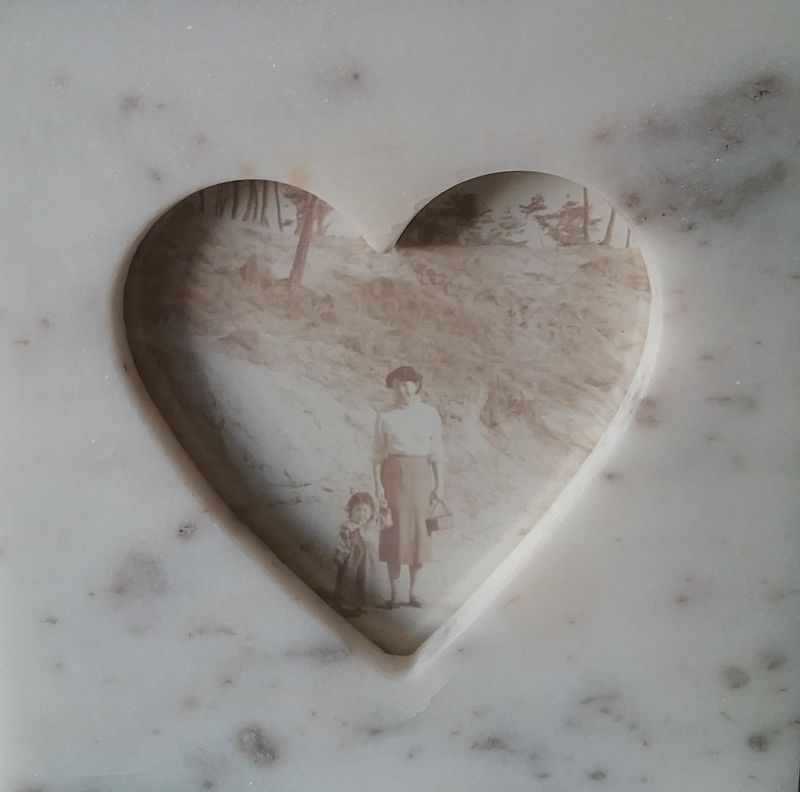Jaquira Diaz’s debut memoir Ordinary Girls is an intimate portrait of her life, from her beginnings in El Caserio, a government housing project of Puerto Rico, to her family’s migration to the streets of Miami. In four distinct sections, she provides visceral accounts of personal battles with identity, depression, and violence. But as much as the memoir is about Diaz, it is equally a story about her family—a schizophrenic mother, a drug dealer father, and a racist grandmother, who, Diaz writes, “was the first person to ever call me a nigger”—and an island marred by the legacy of colonialism. Moving swiftly from essay to essay, section to section, the stories that constitute Diaz’s real life read with the pulse of short fiction—each word, sentence, and scene is vital and vibrant, meticulous in its structure and devastating in its poignancy.
The memoir opens with a two-page manifesto of the type of girls Diaz and her friends grew up with:
We were the girls who strolled onto the blacktop on long summer days, dribbling past the boys on the court. We were the girls on the merry-go-round, laughing and laughing and letting the world spin while holding on for our lives. The girls on the swings, throwing our heads back, the wind in our hair. We were the loudmouths, the troublemakers, the practical jokers. We were the party girls, hitting clubs in booty shorts and high-top Jordans, smoking blunts on the beach. We were the wild girls who loved music and dancing. Girls who were black and brown and poor and queer. Girls who loved each other.
These girls she loves, platonically and romantically, are vital. In a beautifully depicted scene where Diaz describes the waning moments of a friend’s quinceañera, she writes, “We sang along to every song, our cheeks flushed, our curls sticking to our foreheads, the backs of our necks, our shoulders and backs glistening, and we stopped thinking about the real world, our real-world problems, who was on house arrest, whose brother had just gotten a ten-year sentence for racketeering, whose parents were living paycheck to paycheck.” It’s a rare moment of escapism. One that allows Diaz’s vivid and sensuous writing to flourish, cinematic in its rendering. And as she reflects on the memory of her girls with “music vibrating through [their] bodies, fingers to toes,” she informs the reader, “I didn’t know it yet, none of us did, but it would be these girls, these ordinary girls, who would save me.”
And she would need saving. In Diaz’s desperate need for attention, she spirals into a routine that makes her father repeatedly say, “This is not the life I want for you.” Describing herself in a holding cell for stabbing her brother, Diaz relates the frequency of her troubles. Acknowledging a cop who recognizes her from past pickup, she explains, “I was a runaway, a high school dropout, a hoodlum. I had been picked up so many times for aggravated battery, for assault, for battery on a police officer.” As she balances her own problems, Diaz bounces between the “ratty, bug-ridden, art-deco slums of South Beach” where the homes of her father and mother, who separate a couple years after arriving to Miami Beach, are located. Her father works all the time as a security guard at an apartment complex, while her mother, described earlier as having the air of Marilyn Monroe and Michelle Pfeiffer, who “owned every room she walked into,” is slowly dying of “addiction and mental illness, of loneliness, despair.”
Time collapses in the memoir. Though written chronologically, Diaz liberally jumps between ages as it fits the narrative, a tapestry of linked memories. At ten, she’s almost sexually assaulted in a park; eleven she attempts suicide twice; thirteen she’s raped by a twenty-one-year-old “boyfriend”; fourteen she’s a juvenile delinquent; seventeen she’s a high school dropout and married. With her husband away for military training, Diaz burns away time on the Miami Beach strip doing drugs and jumping from club to club. She writes bluntly about it: “I was failing at life.” A shift occurs when she decides to join the military herself, a place where Diaz thrives and is “able to imagine living past eighteen.” Although she leaves early, it’s a stepping block. A spark waiting to be kindled.
Eventually Diaz finds her path toward writing, and when she graduates from the University of Central Florida in 2006, it’s the one aspect of her life she’s certain will remain in her future. For anyone who now reads her work, it’s a pleasure that it did. Mapping the complicated history of Puerto Rico alongside her efforts to claw out of a place of desolation, Ordinary Girls is a triumph of a debut. Undoubtedly a memoir that honors Diaz, her family, her friends, Puerto Rico, and Miami Beach, it’s also, as she writes, “for girls everywhere who are just like we used to be.” A lyrical and generous book, Diaz lifts the voices of ordinary girls past, present, and future.




